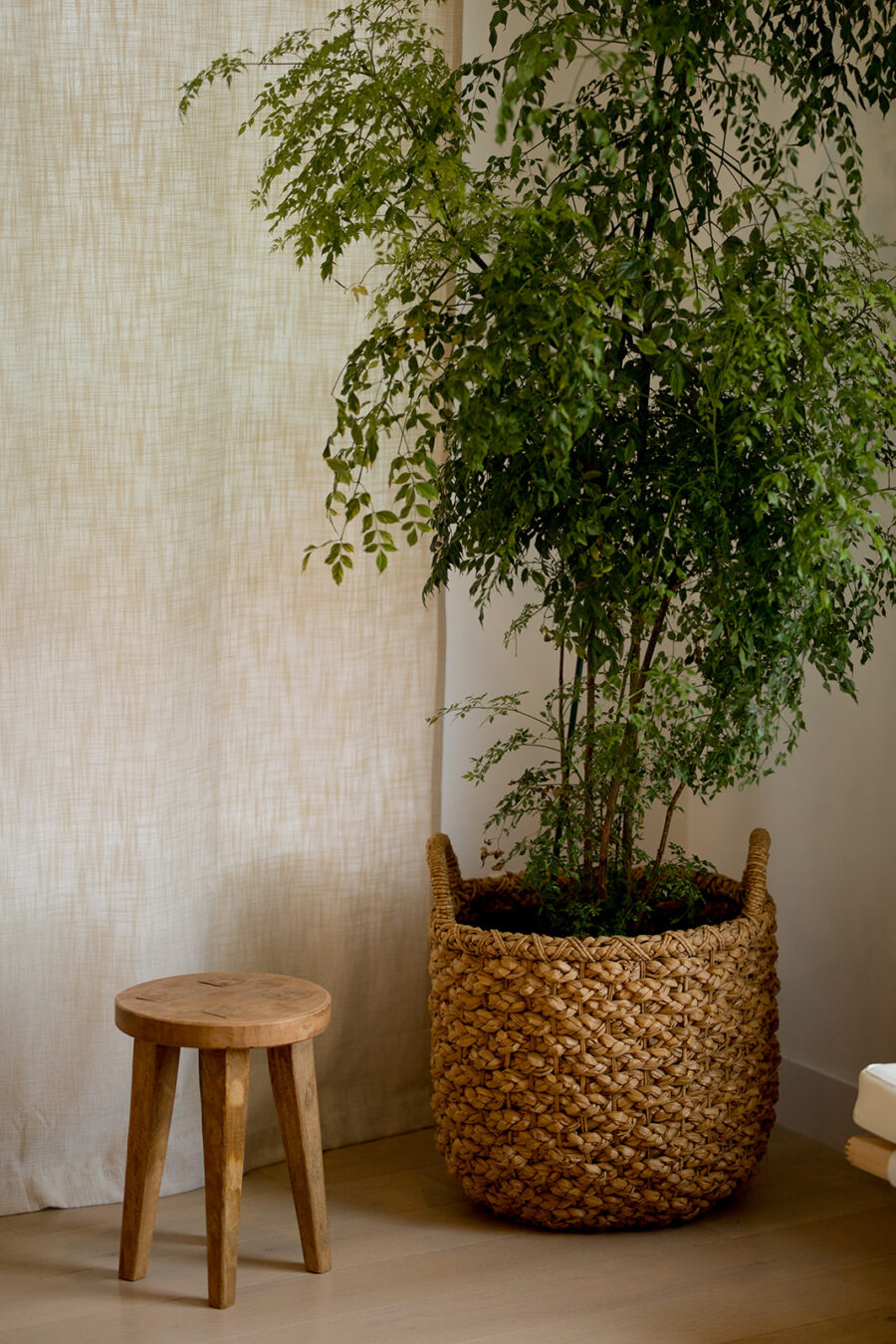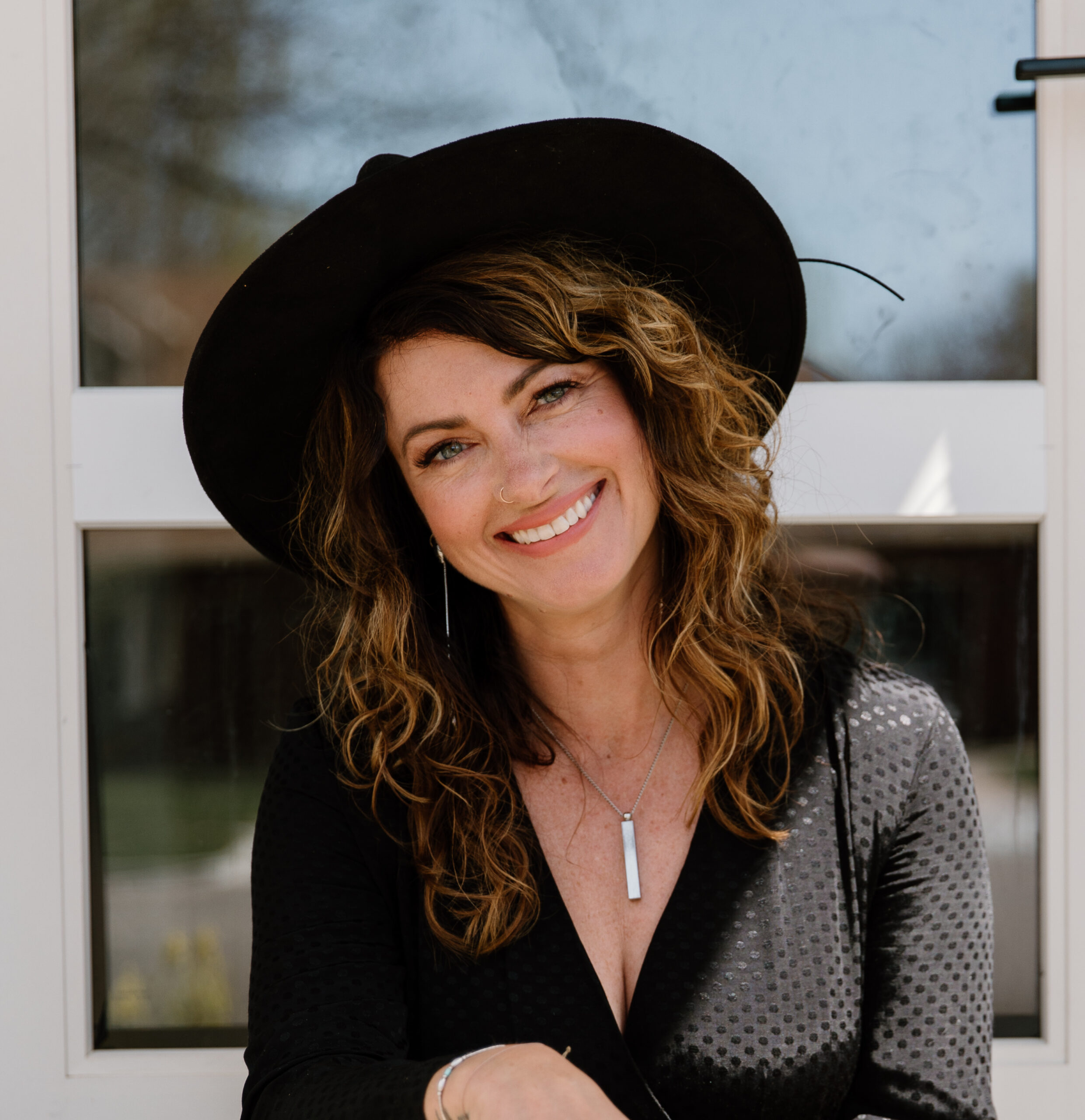
How I’m Raising Emotionally Intelligent Teens In A Tech-Driven World
As a mother, there is always more I could be doing — more to learn, more strategies to implement, more extracurricular opportunities, more sleep hygiene, more healthy food choices, more life experiences, more, more, more. It’s like a cosmic game of Whac-A-Mole. Every time I think I’ve done one thing well, seven more pop up that need tending to.
“Yes, I loved my kids, but I could barely let myself enjoy them because I was so busy trying to ‘do it right.'”
When my children were younger — they’re now 17, 16, 13, and 12 — the sheer amount of things I felt responsible for turned mothering into a heavy burden. Yes, I loved my kids, but I could barely let myself enjoy them because I was so busy trying to “do it right.” This was a setup for anxiety since “doing it right” is an ill-defined and moving target. In the context of my responsibility for the very lives and well-being of other humans, what would I have to accomplish to be able to pat myself on the back and say, “Good job, you. You did it right.”? And when could I possibly know this? When they’re 50 years old and seem relatively well-adjusted? Is that when I can finally exhale?
All of this has been complicated by the invader in my home: Screens. They have captured my children’s attention and creativity, not to mention my own: It seems these days 90% of my parenting energy goes towards managing screen time. I can’t get a feel for my kids’ hearts when their faces are in their devices.
I wish this was the point where I could offer a solution. 10 surefire ways to raise emotionally healthy kids in a tech-driven world! But I don’t have the answer. Sure, I have suggestions — like, advice from one of my friends who said, “Start how you want to finish,” meaning, if you want to monitor screens the entire time your kids are under your roof, go ahead and get them an iPad when they’re four and start building that dopamine addiction and cortisol stress response. But, if you want time to be together without the pull of screens, hold off as long as you can. (In my case, I gave my two older kids phones at the beginning of 7th grade, and won’t be giving my younger two phones until they are finished with 8th grade).
“The relationship between myself and my children is not an equation to be solved but a dynamic, ever-evolving entity.”
I could (and will, briefly) go on with many more suggestions: Set up screen-free days, and then reinforce them. Put a basket by the door to collect phones at some point in the evening, and put your phone in there as well. Sit down as a family (once your kids are old enough) and come up with collaborative family agreements about screens, then post those agreements on your fridge. Put screen restrictions and downtime on their phones, and then model what you’re trying to teach by monitoring your own phone usage. God, just writing this is exhausting because it never lets up. But it’s also proof of love. The relationship between myself and my children is not an equation to be solved but a dynamic, ever-evolving entity (read: moving target). And yes, following a moving target is exhausting, and it’s worth it.
It’s taken years of learning on the job — turns out the poet Rilke was right when he said “live the questions” — to realize I can’t parent out of the Petri dish of my analytical mind, that throwing tips and tricks at it like darts at a bullseye will result in nothing but empty peanut shells and a high bar tab.
Hard life experiences (like my house burning down, my son’s pediatric cancer journey, and teaching high schoolers on and off for eleven years) have stripped my lofty ideas about what children need down to one question: “On the day my kids no longer live under my roof, what will I hope they are taking with them?”
“On the day my kids no longer live under my roof, what will I hope they are taking with them?”
My answer is this: I want my children to be free to be who they are and know beyond a shadow of a doubt they are worthy of love. And I want them to know how to trust and use their voice in the world.
I would imagine this is what most of us would say we want for our kids, but what’s different now is we’re up against so many other messages, so many stimuli, so many voices vying for our children’s attention. It feels more important than ever to get really clear on your parenting through line and then hold that line, whatever it takes.
“It feels more important than ever to get really clear on your parenting through line and then hold that line, whatever it takes.”
I no longer care if my kids get to experience world travel or excel at multiple sports, if their grades are incredible or they can correctly set a table. These things are awesome and additive, but they’re not the bullseye. If my kids know how to trust and use their voices, then it stands to reason that’s because they know their worth and how to think for themselves. And if they know their worth and how to think for themselves, they will exist in this world as empowered humans who will not be manipulated, and who will not become manipulators themselves.
Here’s where it gets tricky: The only way to teach my kids how to be free and how to use their voices, is for me to learn how to be free and how to use my voice. Because, like the writer Parker Palmer says, “we teach who we are.” I can’t give my kids what I don’t have, so really, the work of parenting is not so much about the kids as it is about me. My relationship with myself is my growth edge as a parent.
“The only way to teach my kids how to be free and how to use their voices, is for me to learn how to be free and how to use my voice.”
What I’m saying is, don’t try to be a “good parent.”
Instead, do whatever it takes to remind yourself that you are a good human — including removing the blocks that keep you from accessing this truth and gaining more tools to help you actualize this truth. Then parent from the seat of belief in your inherent goodness.
Dr. Becky Kennedy, a clinical psychologist and the “millennial parenting whisperer” according to Time Magazine, theorizes that everything we do as parents hinges on our orientation towards goodness. She calls it believing we are all “good inside.”
Sure, behaviors might say otherwise, but behaviors are not the litmus test of someone’s goodness — not yours, and not your children’s. If they were, then love would become variable, earned when performing well and lost when falling short. Who could thrive under those conditions?
“Belief that my kids are ‘good inside’ means I get to be curious about the whys behind their actions.”
The belief that my kids are “good inside” means I get to be curious about the whys behind their actions. Instead of seeing their behavior as a problem that needs to be managed, or as a personal attack on me, I consider their behavior as a signpost pointing to a deeper issue of the heart, a symptom of an unmet need. It means I treat them with dignity even when the ways they go about meeting those needs are not to my liking. It means assuming they are doing the best they can with the tools they have, and maybe they don’t have very many tools yet…which is frankly not their fault, and not something they should be punished for. It’s my job to offer more tools, to come alongside my children’s hearts and pursue a greater understanding of the desire behind the behavior.
This applies equally to tantrums about wanting more ice cream and violations of screen time restrictions — there is something at the heart of the behavior, so I target the heart, not the “issue.” Don’t get me wrong, screens are still the bane of my existence, but recognizing I am in the last generation that did not grow up with screens means I have no lived experience to draw from and no longevity of precedent for what does and doesn’t work. If I make screens my bullseye, I will spend my precious parenting energy policing my kids instead of pursuing their hearts.
“As a parent, I am a steward of a soul, not an owner of a life.”
As a parent, I am a steward of a soul, not an owner of a life. My work is to do what the poet Khalil Gibran describes in his gorgeous poem, “On Children” — to learn how to bend like a bow so that my children, like arrows, may go swift and far. Parenting is a crucible for bending. It requires self-formation and transformation. Although the inclination is to double down on the power dynamics inherent in the parenting system, i.e. “mother knows best,” and “because I said so and I’m the parent,” the truer work is to humble myself and sit at the feet of my children — to study them, learn their language, admit when I am parenting out of fear instead of love.
You won’t get parenting right, no matter how many minutes of screen time you do or don’t allow, so you might as well let yourself off the hook. I don’t always know what my kids need or what is best, and besides, even if I did, they wouldn’t learn how to become emotionally intelligent humans from a set of rules. Instead, I offer them a front-row seat to watch me become an emotionally intelligent adult. Make the bullseye loving your kids with your whole heart while you’ve got them to love, and let the loving lead you to joy.
Trinity Wilbourn is a Denver-based freelance writer, mind/body coach, and intuitive guide. As an educational consultant, she works at the intersection of Social Emotional Learning, Mindfulness, and the science of nervous system regulation. In her free time, she can be found hanging with her four kids, spooning her Bernedoodle, singing opera, and dancing in the kitchen. Learn more and explore her offerings at www.trinitywilbourn.com or follow her on Instagram.




